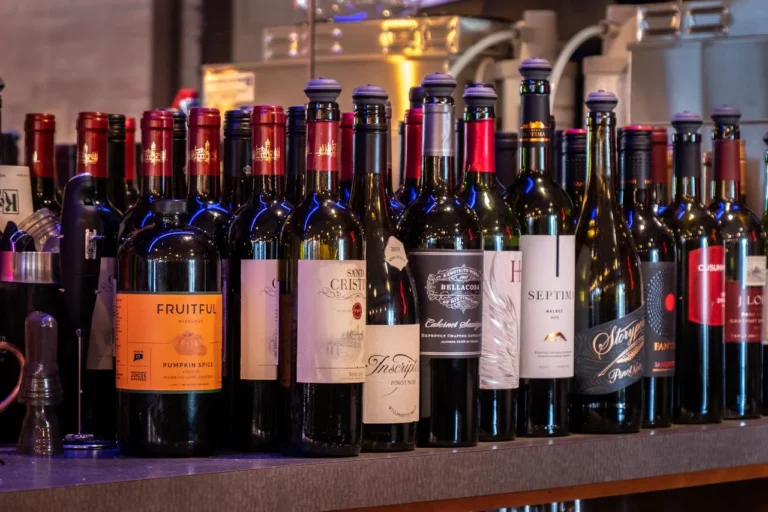
Buncha Chaowarin, the Governor of Saraburi, recently presided over the launch of the Saraburi Sandbox project and visited the booth of Charoen Pokphand Foods Public Company Limited (CP Foods). This initiative highlights CP Foods’ commitment to achieving Net-Zero greenhouse gas emissions through innovative and sustainable practices. The company’s efforts encompass responsible sourcing of raw materials, adopting renewable energy technologies, and leveraging science and innovation to develop food products that promote both physical and mental well-being. CP Foods’ overarching goal is to minimize greenhouse gas emissions across its value chain and achieve Net-Zero emissions. Notably, CP Foods is the first food production company in the world to have its short-term and long-term sustainability goals validated by the Science Based Targets initiative (SBTi).
A key component of the Saraburi Sandbox initiative is CP-Meiji’s “Separating Bottles – Reducing Waste” project, which adds value to waste materials through effective management practices. This program educates students, teachers, and local communities about the importance of waste management, from sorting materials to proper recycling methods. By reducing contamination and limiting waste incineration, the initiative has generated significant income for participants. To date, over 5,000 households have joined the program, which aims to sort at least 1 million items into the recycling process. Additionally, CP-Meiji plans to expand the project to include 10 waste bank initiatives by 2025. These efforts aim to support the development of a Net-Zero Emission urban ecosystem, driving a green industry powered by innovation and technology. By linking industrial, agricultural, and community sectors, the Saraburi Sandbox strives to position Saraburi as Thailand’s first model city for achieving Net-Zero greenhouse gas emissions.
Environmental stewardship is central to CP Foods’ business operations. Across its facilities, the company is committed to adopting environmentally friendly practices to achieve Net-Zero emissions by 2050. In Saraburi Province, CP Foods’ terrestrial animal feed production facilities are striving to become Low Carbon Factories. The Nong Khae and Tharkasem factories, for example, have implemented a range of sustainable measures. These include installing solar panels, transitioning to 100% LED lighting, and producing animal feed products with carbon footprint reduction labels and warm globe labels. The factories have also initiated projects to add value to waste generated during production processes.
CP Foods and CP-Meiji Support the Saraburi Sandbox Initiative

Another notable example of CP Foods’ sustainability initiatives is the Saraburi comprehensive chicken meat processing plant. This facility promotes the use of renewable energy through solar-floating cells, which save water and reduce environmental impact. By integrating solar energy into its operations, CP Foods demonstrates its commitment to reducing energy consumption and greenhouse gas emissions.
In addition to these efforts, CP Foods prioritizes the responsible sourcing of raw materials. The company collaborates with suppliers to ensure sustainable practices are upheld throughout its supply chain. This approach not only reduces the environmental impact of operations but also supports local communities and fosters economic growth. Through these initiatives, CP Foods aims to set a benchmark for sustainability in the food production industry.
The Saraburi Sandbox initiative aligns with global sustainability goals, such as the United Nations’ Sustainable Development Goals (SDGs). By focusing on reducing greenhouse gas emissions and promoting circular economy practices, the project addresses critical challenges related to climate change and waste management. Moreover, the initiative’s emphasis on community involvement ensures that local stakeholders are actively engaged in achieving sustainability objectives.
One of the standout features of the Saraburi Sandbox is its integration of technology and innovation. CP Foods and CP-Meiji leverage cutting-edge solutions to drive sustainability across their operations. For instance, the “Separating Bottles – Reducing Waste” project incorporates advanced waste sorting technologies to improve recycling efficiency. Similarly, the use of solar-floating cells at the chicken meat processing plant showcases the potential of renewable energy solutions in industrial settings.
Education and awareness are also key components of the Saraburi Sandbox initiative. CP-Meiji’s waste management program emphasizes the importance of teaching students and communities about sustainable practices. By fostering a culture of environmental responsibility, the project aims to inspire future generations to prioritize sustainability in their daily lives. This focus on education ensures that the benefits of the Saraburi Sandbox extend beyond immediate environmental gains, creating a lasting impact on the community.

Looking ahead, CP Foods and CP-Meiji plan to expand their sustainability initiatives under the Saraburi Sandbox framework. The goal is to replicate the success of the project in other regions, creating a network of sustainable urban ecosystems across Thailand. By scaling these efforts, the companies hope to contribute to the global fight against climate change and set an example for other organizations to follow.
The Saraburi Sandbox initiative represents a holistic approach to sustainability, combining environmental stewardship, community engagement, and technological innovation. By addressing key challenges related to greenhouse gas emissions and waste management, the project serves as a model for achieving Net-Zero emissions at the local level. With the support of CP Foods, CP-Meiji, and other stakeholders, Saraburi has the potential to become a beacon of sustainability for Thailand and beyond.
In conclusion, CP Foods and CP-Meiji’s involvement in the Saraburi Sandbox initiative underscores their commitment to creating a sustainable future. Through responsible practices, innovative technologies, and community engagement, the companies are paving the way for a greener, more sustainable world. By achieving Net-Zero emissions and promoting circular economy practices, the Saraburi Sandbox serves as a testament to the power of collaboration and innovation in addressing global environmental challenges.




